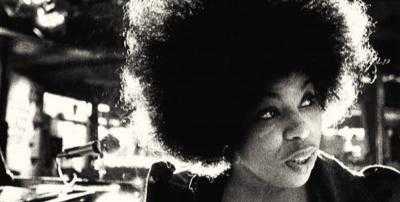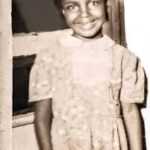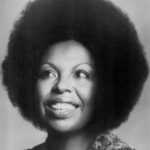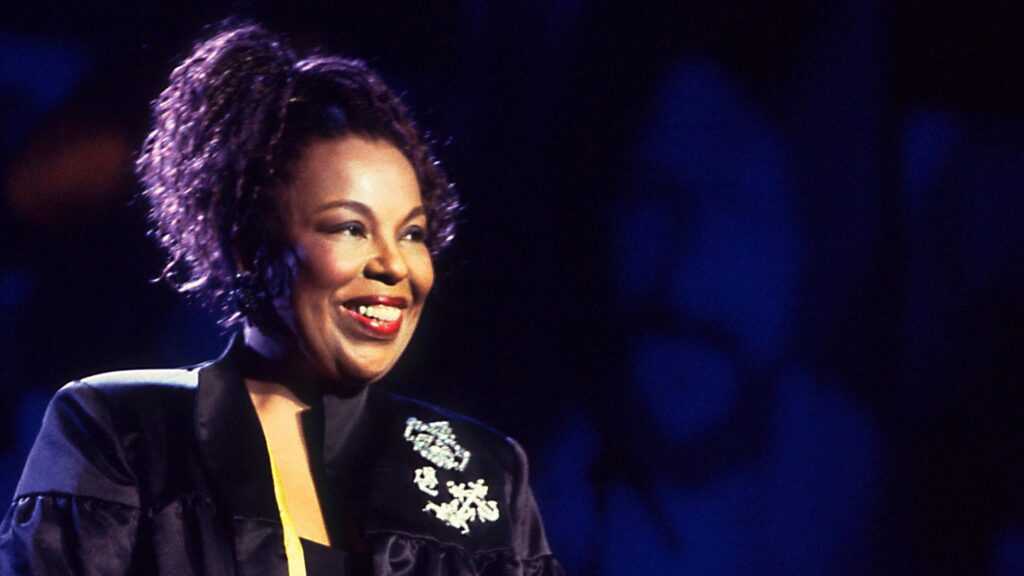News
Roberta Flack: The Lasting Impact of the Quiet Storm

Few artists have shaped the landscape of music quite like Roberta Flack. With her soulful voice, impeccable musicianship, and genre-blending style, she transformed the way we experience R&B, jazz, and pop. More than just a singer, she was a storyteller—able to evoke deep emotion with every note. From timeless classics like “The First Time Ever I Saw Your Face“ to “Killing Me Softly with His Song“, Flack not only topped the charts but also changed the way music was felt. Her legacy continues to inspire generations of artists, proving that true artistry knows no boundaries.
Childhood and Early Life

Career Breakthrough and Success

She followed up with another hit, “Killing Me Softly with His Song” (1973), which won her a second consecutive Grammy for Record of the Year, making her the first artist to achieve this feat. Other major hits included:
- “Feel Like Makin’ Love” (1974) – her third #1 hit
- “Where Is the Love” (1972, with Donny Hathaway)
- “The Closer I Get to You” (1978, with Donny Hathaway)
Flack frequently collaborated with Donny Hathaway, and their duets remain some of the most beloved in R&B history. Tragically, Hathaway passed away in 1979.
In the 1980s and beyond, she continued recording, with later hits like “Tonight, I Celebrate My Love” (1983, with Peabo Bryson) and “Set the Night to Music” (1991, with Maxi Priest).
Legacy and Influence
Musical Influence
Roberta Flack’s impact on soul, R&B, jazz, and pop is undeniable. She revolutionized the quiet storm genre, blending soul with jazz and folk influences. Her songs were marked by their intimacy, deep emotion, and sophisticated arrangements, inspiring generations of artists across different genres.
Many modern musicians cite her as a key influence:
- Alicia Keys has often acknowledged Flack’s influence, particularly in her approach to the piano and her soulful vocal style.
- Lauryn Hill redefined Flack’s classic “Killing Me Softly with His Song” in 1996 with The Fugees, introducing her music to a new generation.
- Beyoncé, Mary J. Blige, and India Arie have credited Flack for paving the way for female R&B vocalists who blend emotional storytelling with musical sophistication.
Breaking Barriers
Flack was one of the first African American female artists to gain mainstream crossover success in the early 1970s, at a time when racial barriers in the industry were still strong. Unlike many soul artists of the time, she wasn’t confined to one genre—she seamlessly fused jazz, classical, R&B, and pop, breaking industry norms.
Her ability to slow things down and demand deep listening (as opposed to high-energy soul or funk) made her an innovator. This style later became known as “quiet storm”, influencing artists like Anita Baker, Sade, and Maxwell.
Cultural Impact
Flack championed social causes, including music education and human rights. She created the Roberta Flack Foundation to support young musicians, particularly those from underprivileged backgrounds, and support animal welfare.
Lasting Legacy
Even as ALS has taken away her ability to sing, Roberta Flack’s voice still speaks through her music. She remains an artist who redefined what a singer-songwriter could be, proving that music could be both technically rich and deeply personal.
Health and Death
Flack suffered a stroke in 2016. In 2018, Flack was rushed to the hospital after she became ill while performing onstage for the Jazz Foundation of America. She was later diagnosed with ALS (Amyotrophic Lateral Sclerosis) in 2022, which has affected her ability to sing. Despite this, her music remains timeless, continuing to captivate audiences worldwide.
February 24, 2025, while she was on her way to a hospital in Manhattan, Flack died due to cardiac arrest. She was 88.
Let us reminisce about Roberta Flack as we watch and listen to a few of her greatest hits.
First Time Ever I Saw Your Face
Killing Me Softly With His Song
Tonight I Celebrate My Love with Peabo Bryson
Set the Night to Music with Maxi Priest
The Closer I Get to You with Donny Hathaway (audio)
Roberta Flack’s influence on music is undeniable and everlasting. She paved the way for countless artists, breaking barriers and redefining what it means to create soulful, emotionally resonant music. Her ability to blend jazz, R&B, folk, and classical music set a new standard for musical expression. Even as time passes, her songs remain as powerful and relevant as ever. Whether through the artists she inspired, the songs she immortalized, or the barriers she shattered, Roberta Flack’s legacy will continue to echo through the world of music for generations to come.
“I didn’t try to be a soul singer, a jazz singer, a blues singer – no category. My music is my expression of what I feel and believe in a moment…”
Roberta Flack (1937-2025)


